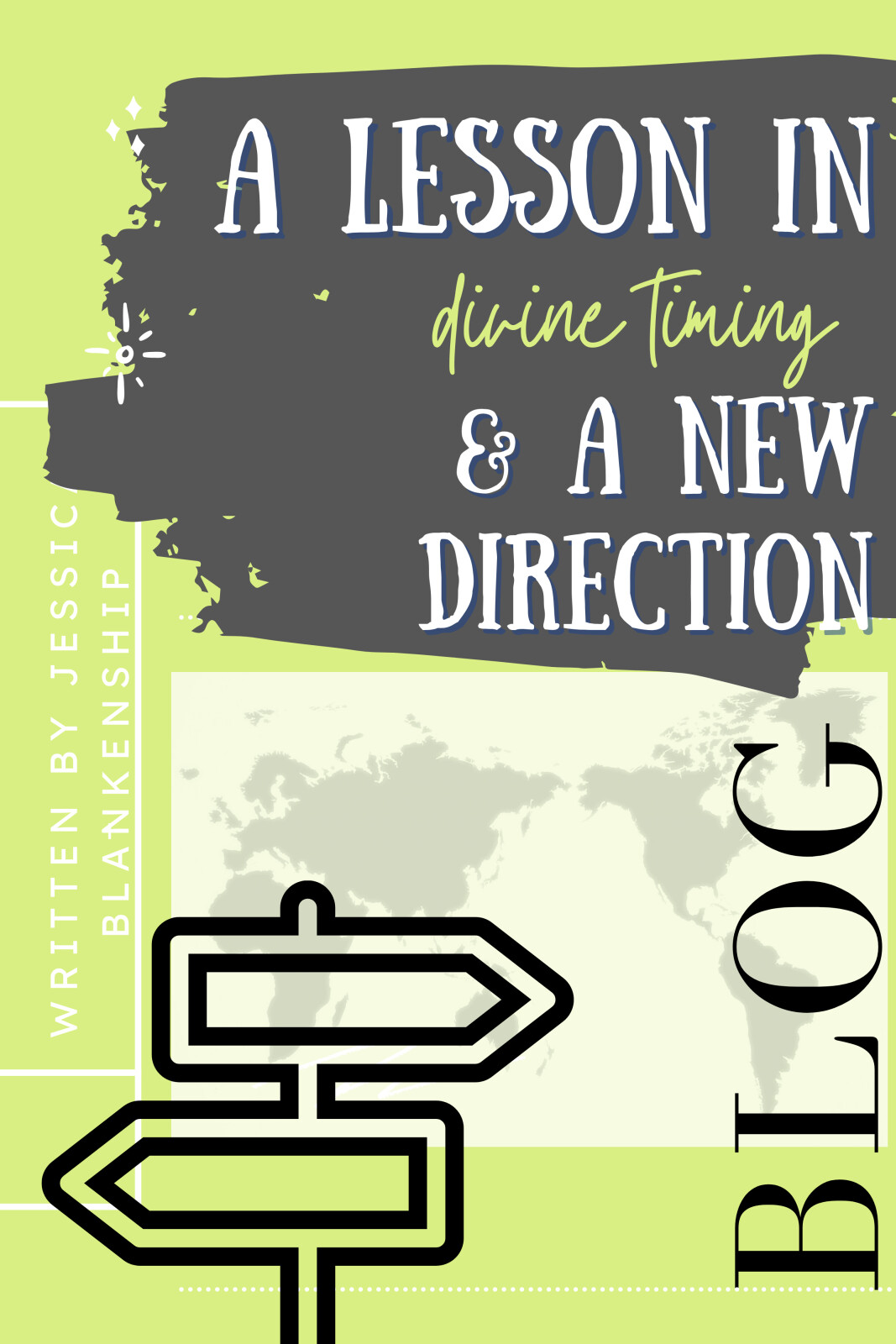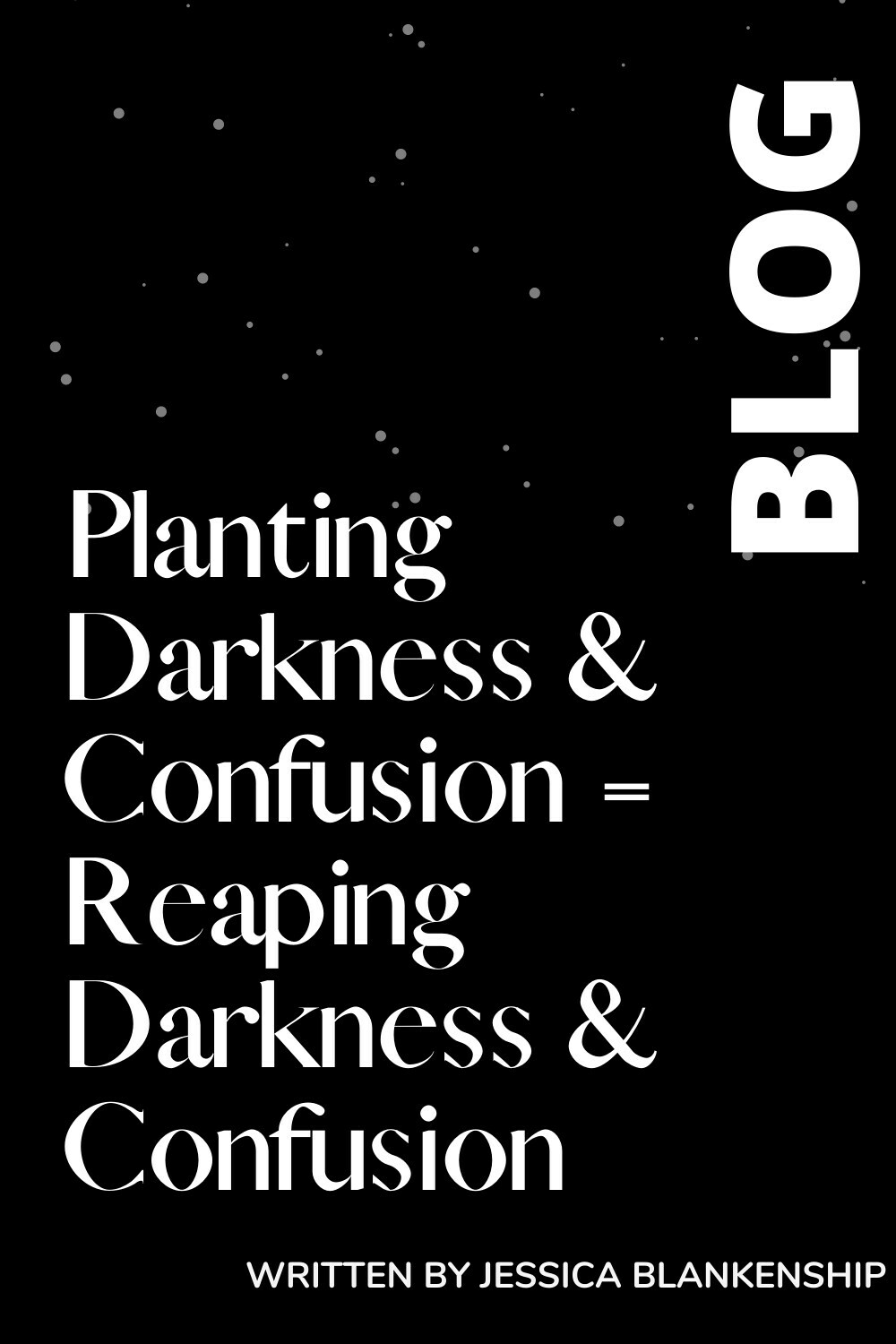
At this most desperate time, we must realign. Have we been off-centered or out of focus? Have we been distracted?
In this hour, let's take inventory of what we are doing to shine a light in such darkness,
More than anything, are we investing in the next generation? To give them hope. A future.
This morning in youth church, we made prayer journals. Using a simple cover design, I printed off 4 different ones and let the kids choose. Then, we folded plain white paper, hole punched through the fold and threaded simple ribbon through and tied.
It was incredibly simple. We gave the kids time to use crayons and markers on their covers and sign their names. We will be keeping these at church to use each week.
This simple act might seem a little naive.
Yes, I have simplified the act of praying so that kids can benefit.
Prayer is communication to Heaven. We are teaching kids that it doesn't have to be audible. It doesn't have to be formal. It can have words, doodles, lists or even lyrics and psalms. Yes, we can pray the psalms. We can pray by writing out our favorite worship song and doodling around it. We can make a list of people we love and concerns we have. Or we can write it out like a letter.
Our group can all write the exact same thing in our prayer journals or we can all write individually, in silence.
We need to teach kids that the God in Heaven cares for them. That he is listening and he is capable of hearing what is on their hearts without them ever saying anything.
Prayer is a gift to us as well as a direct line to Heaven. What are you doing today to shine in the very dark darkness?
"To simplify before you understand the details is ignorance.
To simplify after you understand the details is genius."
James Clear

I'm sure I am not the only one who has claimed to have faith but was actually in dire stress about how something would turn out.
If you are like me and you have been wired to stress and overthink every little detail of life, then you likely have felt like I have. Sometimes I have to be reminded to stop all that unnecessary anxiety and concern... because it literally does not add a single inch to your height or even a moment to your life....
This past Spring was a time for me of great inner turmoil. I was in constant stress about how to start the art studio I had in my mind for over 13 years. I visited lots of buildings for lease. I spoke with lots of experts. I inquired and researched. I prayed. I also fretted and worried and fretted some more.
This past Spring was a time for me of great inner turmoil. I was in constant stress about how to start the art studio I had in my mind for over 13 years. I visited lots of buildings for lease. I spoke with lots of experts. I inquired and researched. I prayed. I also fretted and worried and fretted some more.
I felt like God dealt my team of the Artful Gathering a favorable hand when we were offered an amazing deal for a building right up the road. The owner loved us. He loved our vision. He loved our enthusiasm. He saw our willingness to learn from him and his many years of success in business.
He even allowed us to paint and install board and batten trim in the foyer and hang up our sign before we even signed the lease! We knew his maintenance man was deep into some re-routing of plumbing in the building so we expected it would be awhile before we could open.
We had no idea that we would spend our entire summer painting and sawing and patching nail holes, still waiting on that plumbing to get finished!
People ask me all the time about that building. We still have not been able to get started there. We have wondered if it will even work out now. Many things out of our control halted the entire project.
I had to accept the fact that if that building ends up working out, it will not be any time soon.
We had to be open to adjusting our sails.
Would you like to know some of the things that came our way when we adjusted to that wind instead of giving up?! It is so unexpected and fun!
People ask me all the time about that building. We still have not been able to get started there. We have wondered if it will even work out now. Many things out of our control halted the entire project.
I had to accept the fact that if that building ends up working out, it will not be any time soon.
We had to be open to adjusting our sails.
Would you like to know some of the things that came our way when we adjusted to that wind instead of giving up?! It is so unexpected and fun!
Janet (our spunky, paint-party queen) has been rearing to go and has been whipping up paint parties all over! She has the car-packing and organizing down to an ART! She is ready to chat with anyone who wants a paint party! We're even working on a new concept called a "party pack"! More exciting details later!
Online, have you seen the hype about our art subscription boxes? These "gifts of art" allow me to serve families within their own homes. My online art courses have been in my head for a while but I couldn't figure out how to make them tangible until I learned about the concept of delivered art supplies as a subscription box! I even got some great advice from a business strategist about how to accept signups all the time instead of quarterly!
Online, have you seen the hype about our art subscription boxes? These "gifts of art" allow me to serve families within their own homes. My online art courses have been in my head for a while but I couldn't figure out how to make them tangible until I learned about the concept of delivered art supplies as a subscription box! I even got some great advice from a business strategist about how to accept signups all the time instead of quarterly!
I could never pull this off on my own, as a creative thinker who is terrible at inventory and logging of supplies, etc. But, have you met Dave??? Dave has needed an introduction for a while! He is the co-founder of The ARTFUL Gathering, LLC.
Dave Hensley, who works with me at our "real job" has supported my crazy ideas from the beginning. He is truly the one who keeps my abstract brain in check and on the ground, with a degree in accounting he attained a few years ago and his severe case of level-headedness. He actually is the worker behind packing the subscription boxes, shipping them, ordering supplies, and keeping the business legal! Without him, this business would never have started!
Months ago, I felt a different nudge to marry art and biblical devotionals... After months of worrying about what people would think, I finally did it! The response has been staggering! I am blown away from the people who wanted this simple, artful "Scripture Sketchbook" for their bible studies. My heart is full thinking about it. I've got several other ideas in mind and I am excited about announcing those soon!
But that isn't all!
I am making the ARTFUL Subscription KIDS BOX even better! I have figured out how to capture the thrill of art-making as well as the practical side! I have learned hyperlapse video-making of my demonstrations so that kids get to SEE the steps but they don't have to spend so much time watching ME make art. In less than about 8 minutes, they see the WHOLE project in fast speed. It is so exciting! I definitely gave it the upgrade from being very school-like, at first!! Now, it is action-packed and gets the kids onto THEIR project with less time watching me. HANDS-on all the way! More on those kids boxes in this youtube VIDEO or here is the sign-up page if you are interested.
Since all the adults feel left out, I have been in the creation-mode of a NEW subscription for the rest of us!
After polling and getting a HUGE response, I have decided to run with my idea of "Farmhouse NATURE BOX", where each month we'll paint 9x12 or sometimes 12x12 canvases of old barns, birds, fields and other simple scenes that bring calm and joy to my hillbilly heart. It will be available to purchase within a month! I am READY for my own art therapy with this box!
The beach theme, for those of you who remember my poll, will be later! It might be summer before I can pull it off! But, the beach is definitely my other love that makes me question my Ohio residence!
Can you hear the JOY in these words that you are reading?
Dave is doing his part and doing it well!
Janet is loving her paint party planner/ teacher role!
And I am designing things like crazy and enjoying the organic development of our business.
We are doing so many ARTFUL things. We are embracing the JOY from making art, teaching art and all the connection along the way. God has not abandoned us on the sea. Instead he has gently pushed us in a different direction than we ever planned! Amazingly, it is working great. We are serving more families than our local area because of this shift. We are able to deliver less expensive art classes because of the online portion. We are able to think creatively about how to accomplish our goals.
Not having a building to move forward with an in-person art studio WAS a huge detour....
Until we opened our hearts and minds and starting listening to the nudges.
Our mission really is to celebrate inspiration, creativity and connection and we still have a HUGE vision for an in-person studio one day. But, here's the beauty in this. It is in divine timing. We must trust the timing and the lessons we are learning along the way. And we truly are doing that!
Let's ALL give ourselves permission to experience JOY with The Artful Gathering, LLC.

You know that saying, "sick and tired of being sick and tired"?
Psychology calls this scarcity, which is the same as survival mode, where you are nearly drowning in all the necessities of life and you need a breath of air.
During the supposed Dark Ages of European history, there were little to no scientific, artistic or cultural advancements....
Lots of factors showed that people were just trying to.... survive: a lack of quality of life.
Today, it is the opposite of that problem but somehow we're also barely surviving. Full-speed-ahead surviving. We are drowning in information and NOISE. Mindless scrolling. Going through the motions. Drinking from a fire-hose and still thirsty. Too many activities and too much to do and too many lists. The kind of overwhelm that has a choke-hold on your life. Fast-paced scarcity.
Never enough time.
Never enough money.
Never enough connection.
But yet, we have too much of all the wrong things. Mountains of junk. Useless garbage promising enjoyment. Kids and adults with an insatiable appetite for all the "right" material goods. Toys that can't stand the strain of being unwrapped, as Earl Nightingale says, because of their mass-produced cheapness.
What is the answer?

Our minds are our hearts are fertile ground. We get to choose what we put there.
The Bible is as much as a practical guide as it is spiritual. The fact is that people have preconceived notions about the contents of the Bible and, in turn, do not read it with an open heart.
"You reap what you sow" is a brilliant analogy for everyday life. What are we planting in our minds every day is crucial. How dare we complain about our minds being in torment and negativity when we planted those thoughts there by what we listen to and watch? Some people live with a continuous replay of shame tapes running through their minds. Cut the tape.

I found Jesus as child. I craved the peace that comes from Christ and I was pleasantly naive enough to believe everything beautiful told to me about my Lord. I am thankful that I was childishly naive and followed Him with unwavering faith.
But for a long, long time, even as a Christian who studied the Word daily, I was full of anxiety. I questioned myself, hated myself and spent much of my time being emotionally exhausted, from all this over-thinking. (Over-functioning anxiety is the turmoil that causes people to over-do, overcompensate and be overly bossy and critical of themselves and others. Under-functioning is the other type of anxiety, which cripples people, keeping them from starting tasks and keeps them in a shame spiral of feeling incompetent.)
From the outside, no one knew this was going on because I was "doing" all the things and I, personally, really didn't know how bad it was because I was in the trenches of it. This was my everyday life for years and years. Sometimes you don't know that weight of something you're carrying until you feel the weight of its release...






